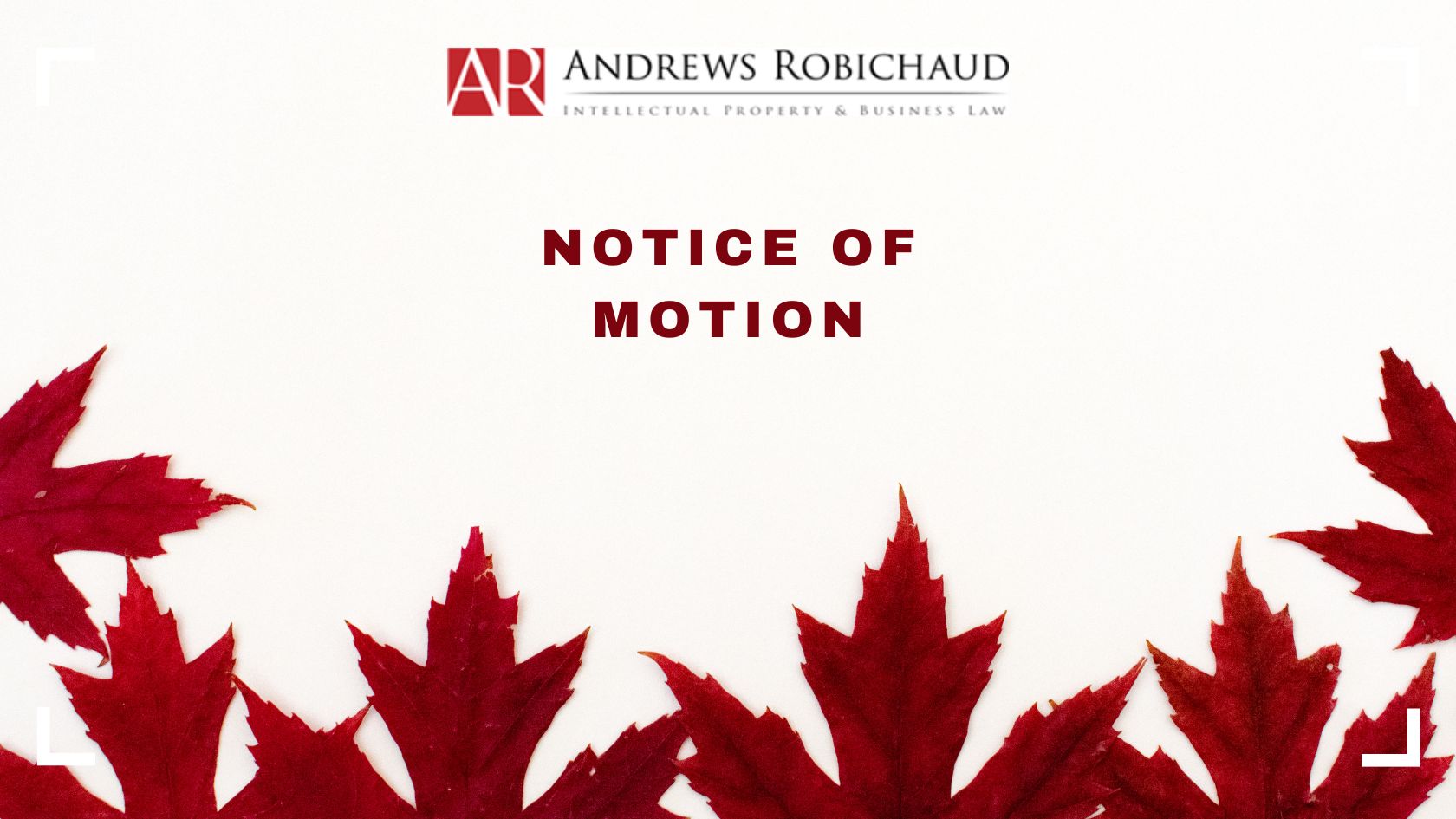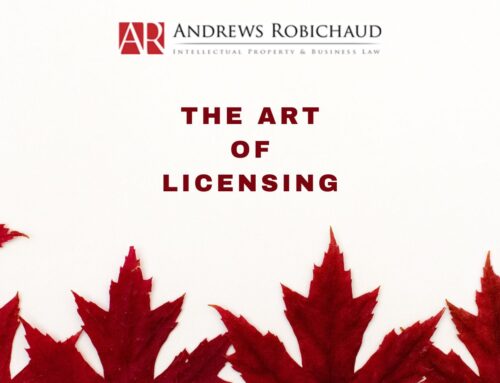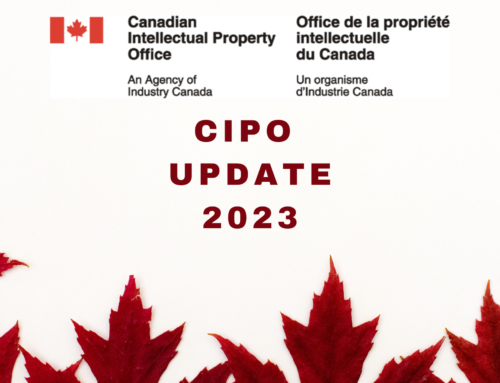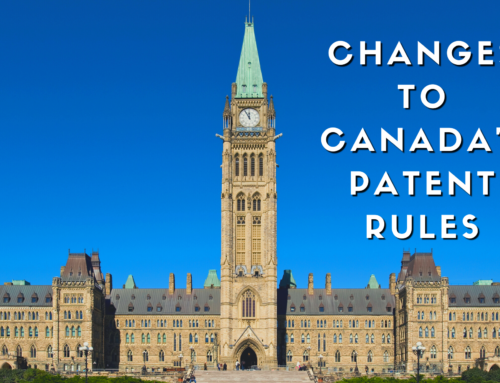In 2020, Energizer Brands, LLC v Gillette Co, 2020 FCA 49, was the subject of much attention for narrowing the test for depreciation of goodwill in comparative advertising. Perhaps overshadowed by the development in trademark law, a new concept in civil procedure went somewhat unnoticed.
In the Energizer Brands decision, the Federal Court of Appeal appears to have opened the door to granting relief on motions outside the relief requested in the notice of motion. In criticizing the lower court’s decision as going beyond the scope of the relief sought in the notice of motion, the Federal Court of Appeal made the following statement: “Absent unusual circumstances, or consent, a court may only grant relief sought in the notice of motion.” The Federal Court of Appeal set aside the part of the Federal Court’s decision that went beyond the scope of the relief sought, finding that deciding that part deprived the responding party of the opportunity to make its case on the issue.
The principle that parties must be given fair notice of the case to be met is well-established. Rules 359(b) and 37.06(a) of the Federal Court Rules and the Rules of Civil Procedure, respectively, require a notice of motion to set out the relief sought. The Energizer Brands decision suggests there may be circumstances in which, if the responding party’s opportunity to meet its case has been satisfied, the Court may order relief that has not been set out in the notice of motion.
In the Energizer Brands decision, the Federal Court of Appeal did not expand on what “unusual circumstances” might enable a court to grant relief that was not requested in the notice of motion. The Court did make it clear that relief will not be granted if a party has not had the opportunity to make its case on the issue. The Federal Court of Appeal noted that “particular attention is required on a motion for summary judgment where the effect of granting judgment is to preclude all further evidence or argument on any issue that is finally determined.”
In the aftermath of Energizer Brands, only a few cases have attempted to manoeuvre the newly opened door. In McCain Foods Ltd v JR Simplot Co, 2021 FC 890, the Court cited Energizer Brands, and then refused to order a relief that had not been requested in the notice of motion despite the moving party’s inclusion of the standard clause, “such further and other relief as to this Honourable Court may seem just.” In refusing to exercise its discretion under the clause, the Court emphasized that the responding party had no adequate opportunity to respond to the issue.
In Ontario (Indigenous Police) v Canada (Public Safety), 2023 FC 916, the Federal Court actually made reference to “unusual circumstances”. This case involved an urgent motion for interlocutory relief brought by the Indigenous Police Chiefs of Ontario regarding the expiry of their funding agreements. The Court found the moving party “failed to demonstrate the existence of any unusual circumstances that would justify adding declaratory relief at the late stage of its [memorandum of fact and law].” The Court refused to accept that the parties, in discussion, agreed to allow the moving party to add the declaratory relief that had not been mentioned in its notice of motion. The Energizer Brands decision opened the door to Courts ordering relief that has not been set out in the notice of motion. Since that decision in 2020, courts have not yet ventured to step through that doorway. Little light has been shed on what will qualify as “unusual circumstances.” It has, however, been made clear that the standard clause, “such further and other relief as to this Honourable Court may seem just” will not be stretched for this purpose and that the principle that a responding party must have an opportunity to meet its case remains paramount.






Leave A Comment